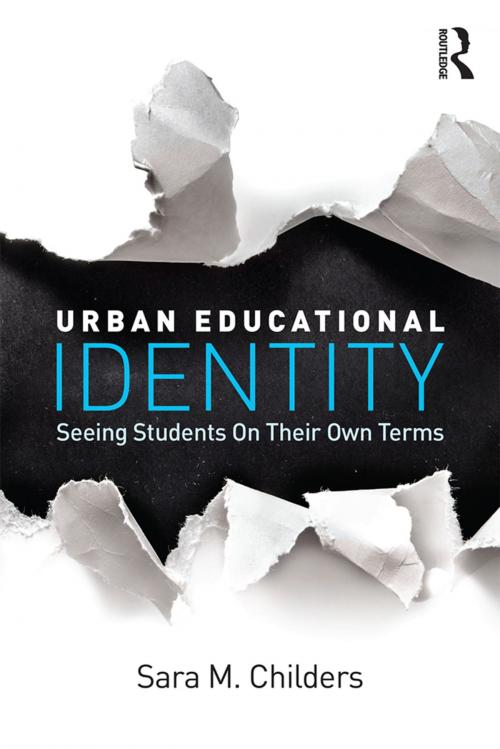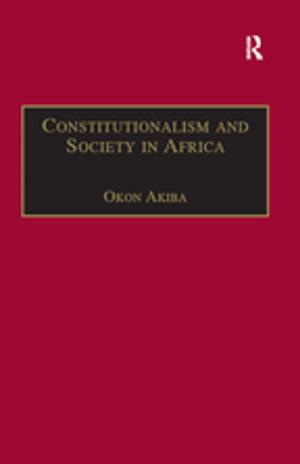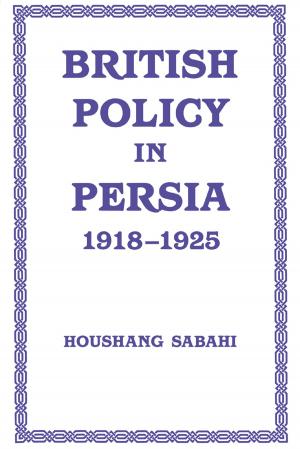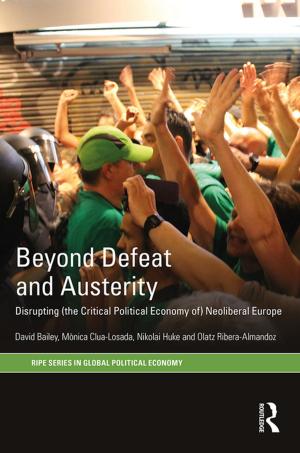Urban Educational Identity
Seeing Students on Their Own Terms
Nonfiction, Reference & Language, Education & Teaching| Author: | Sara M. Childers | ISBN: | 9781317551393 |
| Publisher: | Taylor and Francis | Publication: | September 13, 2016 |
| Imprint: | Routledge | Language: | English |
| Author: | Sara M. Childers |
| ISBN: | 9781317551393 |
| Publisher: | Taylor and Francis |
| Publication: | September 13, 2016 |
| Imprint: | Routledge |
| Language: | English |
WINNER 2017 O.L. Davis, Jr. AATC Outstanding Book in Education Award
WINNER 2017 American Educational Studies Association Critics Choice Award
Through rich ethnographic detail, Urban Educational Identity captures the complexities of urban education by documenting the everyday practices of teaching and learning at a high-achieving, high-poverty school. Drawing on over two years of intensive fieldwork and analysis, author Sara M. Childers shows how students, teachers, and parents work both within and against traditional deficit discourses to demonstrate the challenges and paradoxes of urban schooling. It offers an up-close description of how macro-government policies areinterpreted, applied, and even subverted for better or worse by students as active agents in their own education. The book moves on to develop and analyze the concept of "urban cachet," tracing how conceptions of race and class were deeply entwined with the very practices for success that propelled students towards graduation and college entrance. A poignant, insightful, and practical analysis, Urban Educational Identity is a timely exploration of how race and class continue to matter in schools.
WINNER 2017 O.L. Davis, Jr. AATC Outstanding Book in Education Award
WINNER 2017 American Educational Studies Association Critics Choice Award
Through rich ethnographic detail, Urban Educational Identity captures the complexities of urban education by documenting the everyday practices of teaching and learning at a high-achieving, high-poverty school. Drawing on over two years of intensive fieldwork and analysis, author Sara M. Childers shows how students, teachers, and parents work both within and against traditional deficit discourses to demonstrate the challenges and paradoxes of urban schooling. It offers an up-close description of how macro-government policies areinterpreted, applied, and even subverted for better or worse by students as active agents in their own education. The book moves on to develop and analyze the concept of "urban cachet," tracing how conceptions of race and class were deeply entwined with the very practices for success that propelled students towards graduation and college entrance. A poignant, insightful, and practical analysis, Urban Educational Identity is a timely exploration of how race and class continue to matter in schools.















